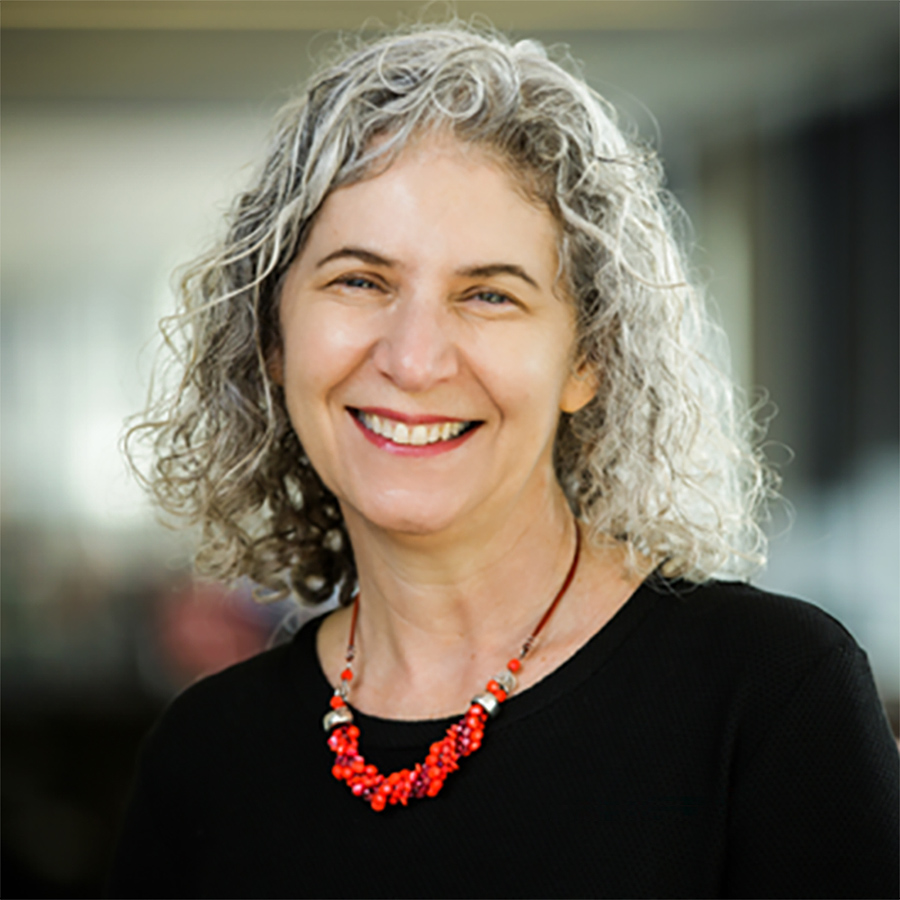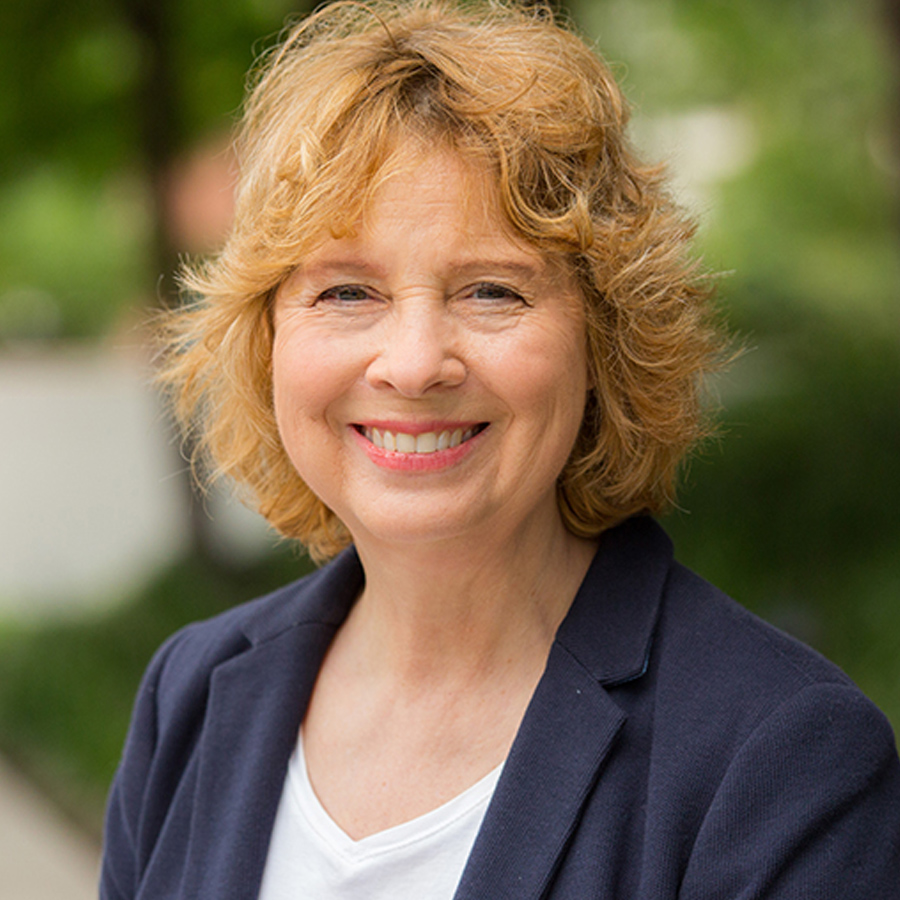Program dates: July 11 - August 1, 2026
-
Move-in: July 11
-
Orientation: July 12
- Move-out: August 1
This course is for you if you want to understand economic issues in the world. The course is an introduction to core economic concepts with examples and applications that emphasize a global context from current and recent events. Scarcity, the power of markets, market failures, and market structures (e.g., competition, monopolies), are among the economic issues you will study. Examples from different countries will be used to further theoretical and practical understanding. Students will engage with economic models and thinking, in an approach that relies on limited math background, enabling them to participate in discussions about economics and economic policies. Learning goals include an understanding basic economic terms and models of analysis, engagement with economics in the workplace and everyday life, connecting to economics as a field, and understanding the global contexts of economic policy making. In addition, we’ll have two field trips.
Read the Penn Today article about the 2025 Economics Academy: "Summer program for teens combines practical economics and college life"
Features
Lectures and workshops: Students are required to attend daily classes and activities led by the program directors and teaching assistants as well as guest lectures by experts in specific areas of economics. Students are encouraged to ask questions, debate issues, and participate in lively class discussions. You are required to fully engage in group assignments as you develop your ability to apply economic models and concepts to real world examples in various contexts.
We will have a Monday through Friday schedule from 9 a.m. – 4 p.m. ET. Each day begins with the entire group meeting with the program directors, and then we will engage in small group activities to facilitate group learning processes. Around noon we break for lunch, and in the afternoon depending on the day we will have a guest speaker, engage further in global applications, or watch short films that connect to economics. Other activities after 5 p.m. and on the weekends are organized by Penn SAS High School Programs and Summer Discovery.
Capstone project: During the last week of the course, students will present a capstone project in a poster format. In groups, students will present a real-world economic challenge facing a country. They will use the models studied in class to analyze the issue and propose a solution or best approach.
Any real-world challenge is acceptable, and the course team will help each group brainstorm ideas, select a meaningful and feasible issue to present. The activities that take place throughout this course have been designed to support the students in the work required for the capstone project.
We will place a high value on participation. In addition to keeping up with readings and other assignments, everyone will be asked to lead discussions in your section on occasion, and we also expect to hear from you regularly throughout the program in class discussions. We hope to create a lively, stimulating class environment where you will feel welcome to ask questions, comment, and debate issues.
Required text: All resources will be provided on the Canvas course site. Click on “Course Reserves” to access books, films, and reference materials. The Canvas Learning Management System will be used daily for class time activities and homework.
Course outcomes:
- Know how to use economic terminology and apply it to the world
- Engage with economics in the news
- Identify some economic policies and their theoretical explanations
- Be able to analyze an economic challenge and advocate for a solution
Download: 2025 Syllabus (PDF)
Prerequisites
No prerequisites—no calculus is required. If you enjoy following current events, you will be better prepared. Any readings will be available through the course site.
Technology Statement
Students are required to bring their laptops or tablets to the program for in-class work and must have administrative access to make changes to the computer system and install applications.

Program Co-Director: Rebecca Stein
Dr. Rebecca Stein has taught many students at Penn in her years at the economics department. She is an award-winning innovator in the classroom, teaching both large and small lectures, in person and online. With over 100K learners in her two MOOCs, she enjoys connecting with learners from across the world, young and old, as they apply economic principles in their lives and workplaces. Dr. Stein was the Executive Director of Penn’s Online Learning Initiative and Co-Executive Director of the Center for Excellence in Teaching, Learning, and Innovation. She also teaches as part of the Bachelor of Applied Arts and Sciences team.
Dr. Stein received the Dean’s Award for Distinguished Teaching by Affiliated Faculty, the Provost Teaching Award, and the Kravis Award for Excellence in Undergraduate Teaching. She earned her BA from Hebrew University of Jerusalem and her PhD from Northwestern University.

Program Co-Director: Deborah Harrold
Dr. Deborah Harrold teaches in Penn's Liberal and Professional Studies program and in Political Science. As part of Penn's online degree, the Bachelor of Applied Arts and Sciences, Deborah Harrold has worked to build course content for the Global and Regional Studies concentration.
Her larger research concerns have revolved around the Middle East and North Africa, where she has studied issues of economic and political transformation seen in the economic liberalization in Algeria beginning in the 1990s. This research led to an extended interest in the political power of economic ideas, how economic ideas become economic policies in different countries, and how people plan their futures in changing economic worlds. She also developed research about the contradictions of economic liberalism in times of open conflict. She has published on the role of informal economies in economic thinking and politics in Algeria and on the articulation of business interests in Algeria.
Her PhD is from The University of Chicago.



